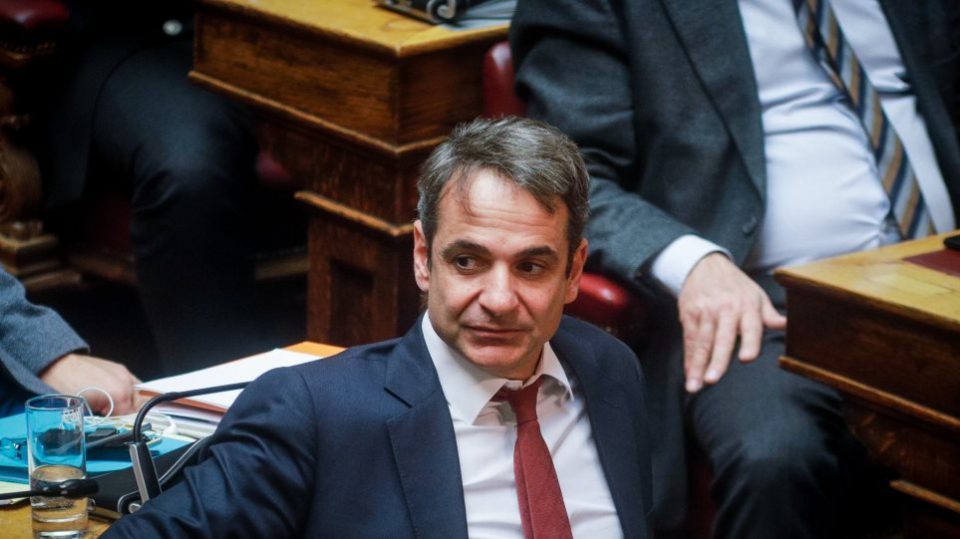The leader of the Greek conservative New Democracy party Kyriakos Mitsotakis announced that Greece will continue to veto Macedonia’s European Union accession talks, even if the so-called Prespa deal is ratified. Greek Parliament postponed its vote for Friday, and the deal contains a clause that Greece will allow Macedonia to join NATO and then EU under the name of North Macedonia.
Skopje’s EU integration process is not connected to the Prespa agreement. Greece can veto Skopje’s EU integration process at any moment and I refuse to give up this right our fatherland has, Mitsotakis said in the Parliament.
His party leads the socialist SYRIZA coalition by nearly 2:1 and he is widely expected to become the Greek Prime Minister no later than late 2019, which would likely mean that Greece will stop implementing the agreement.
The Prespa agreement should never have been signed and, of course, it should have never been brought for ratification in the Greek Parliament. It represents a national defeat, a national mistake that is an affront to truth and history. While going down, SYRIZA continues with its catastrophic mission. After wrecking both the economy as well as society it is dragging Greece to a permanent upheaval, Mitsotakis said.
His father Konstantinos Mitsotakis was famously removed from power after being perceived as too lenient on Macedonia, and his sister Dora Bakoyannis was Foreign Minister in 2008 when Greece vetoed Macedonia’s NATO membership, violating the then active agreement binding Greece to allow Macedonia’s membership as “the former Yugoslav Republic of Macedonia”.
Still, Mitsotakis said that if the deal is ratified tomorrow, it will supersede other Greek laws, and therefore members of Parliament will have to vote against it. He hinted that if the deal is ratified, Greece will still find technical reasons why it should stop Macedonia from opening EU accession chapters.
Mitsotakis’ move comes as other top New Democracy officials, such as former Prime Minister Kostas Karamanlis and EU Commissioner Dimitris Avramopoulos condemned the deal.






Comments are closed for this post.